Salesforce Stock Soars 4% Following Price Increase Announcement

Salesforce.com (NYSE:CRM) shares gained more than 4% intra-day today after the company announced a 9% price increase across various products.
Evercore ISI reiterated an Outperform rating and a price target of $240.00 on the company, highlighting that this is the first price hike in seven years for Salesforce, during which the company has made significant investments of over $20 billion in research and development and introduced 22 software releases with numerous features. This includes recent additions such as the AI Cloud and 'GPT' capabilities across its clouds.
The analysts believe that while some customers may express dissatisfaction with the price increase, considering the seven-year interval, a 9% increase seems reasonable. The analysts expect these price actions to provide positive momentum for Salesforce in the second half of 2024 and the first half of 2025.
| Symbol | Price | %chg |
|---|---|---|
| CRM.BA | 21450 | 0.56 |
| GOTO.JK | 60 | 1.67 |
| 012510.KS | 89100 | 0 |
| 462870.KS | 38400 | 0.13 |
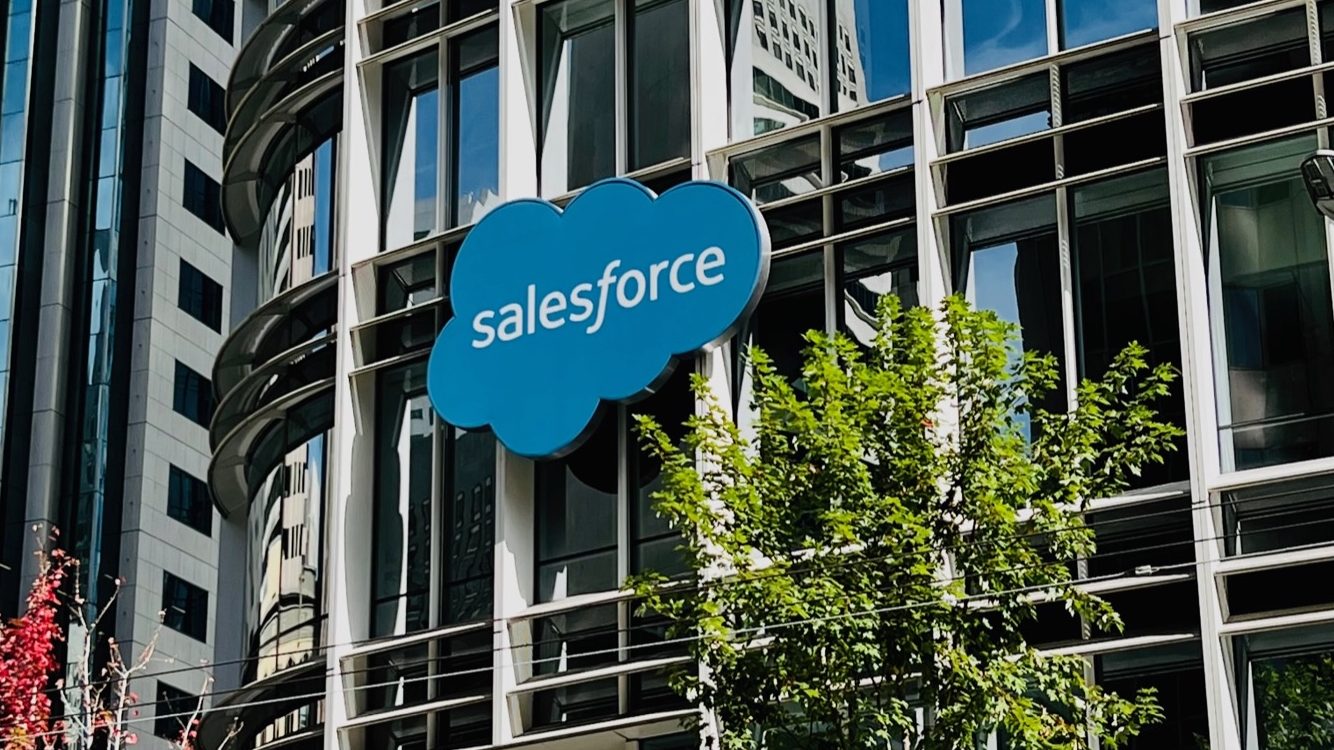
Salesforce, Inc. (NYSE:CRM) - A Strong Contender in the Cloud-Based Software Industry
- Salesforce's stock has gained approximately 4.64% over the past month, indicating strong investor confidence and potential for strategic buying opportunities.
- The company's growth potential is highlighted by a projected stock price increase of 40.16%, supported by innovative product offerings and an expanding market presence.
- Financially, Salesforce boasts a perfect Piotroski Score of 9, underscoring its robust fundamentals, including profitability, liquidity, and operational efficiency.
Salesforce, Inc. (NYSE:CRM) is a leading player in the cloud-based software industry, specializing in customer relationship management (CRM) solutions. The company provides a suite of applications for sales, service, marketing, and more, helping businesses streamline their operations. Salesforce competes with other tech giants like Microsoft and Oracle in the CRM space.
Over the past month, CRM has gained approximately 4.64%, reflecting strong investor confidence. This positive trend suggests that the market views Salesforce favorably, despite a recent 3.10% decline over the last 10 days. Such short-term dips can offer strategic buying opportunities for investors anticipating a rebound.
CRM's growth potential is impressive, with a projected stock price increase of 40.16%. This indicates significant room for appreciation, making it an attractive choice for growth-focused investors. The company's robust growth prospects are supported by its innovative product offerings and expanding market presence.
Financially, Salesforce is in excellent health, as evidenced by its perfect Piotroski Score of 9. This score highlights the company's strong fundamentals, including profitability, liquidity, and operational efficiency. A high Piotroski Score is a positive indicator of a company's financial strength and stability.
Analysts have set a target price of $339.75 for CRM, suggesting substantial upside from its current levels. This target price, combined with the stock's recent touch of a local minimum, indicates potential for a reversal. These factors, along with CRM's strong fundamentals, make it an appealing option for both short-term and long-term investors.
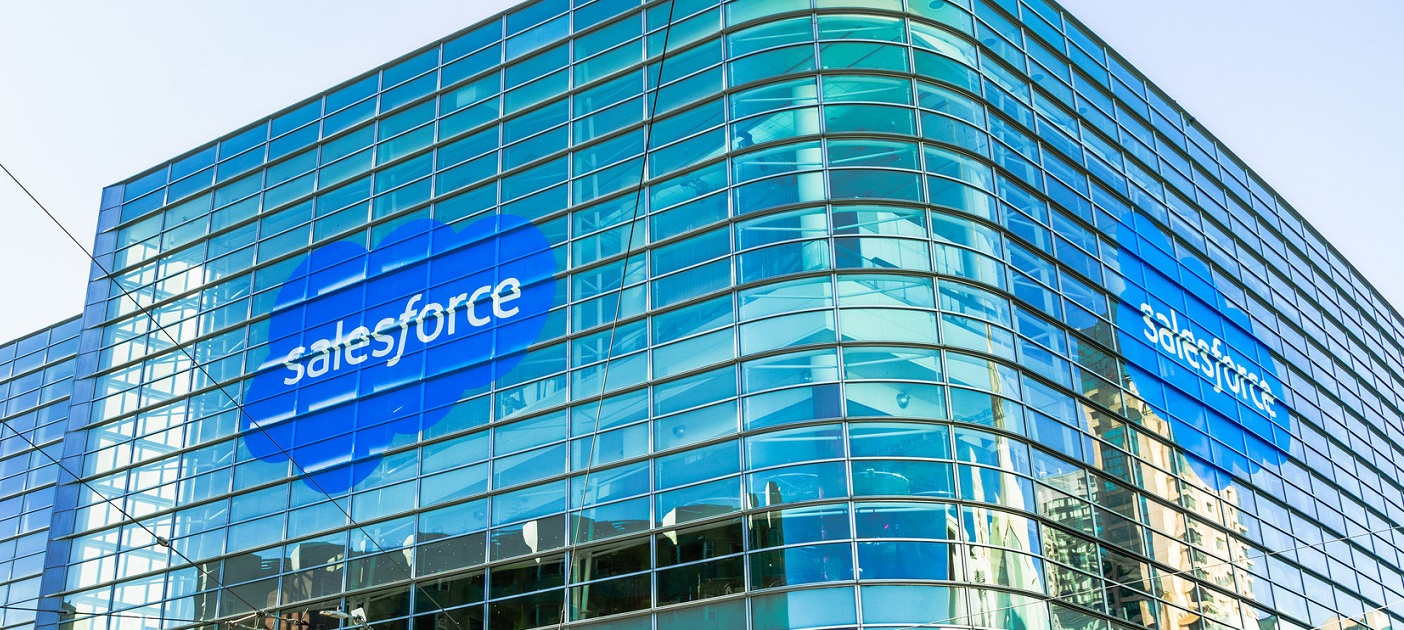
Salesforce Inc. (NYSE:CRM) Earnings Preview: A Potential Turnaround
- Salesforce Inc. (NYSE:CRM) is set to release its quarterly earnings with an estimated EPS of $2.77 and projected revenue of $10.14 billion.
- The stock has seen a 25% decline in value over the past year, but the upcoming earnings report could signal a recovery, presenting a potential buying opportunity.
- Despite recent underperformance, Salesforce's strong fundamentals, including expanding EBIT margins and robust free cash flow, support its long-term recovery potential.
Salesforce Inc. (NYSE:CRM), a leading player in the cloud-based software industry, provides customer relationship management services. As a major competitor in the tech sector, Salesforce faces competition from companies like Microsoft and Oracle. On September 3, 2025, Salesforce is set to release its quarterly earnings, with Wall Street analysts estimating an earnings per share of $2.77 and projected revenue of $10.14 billion.
Despite a challenging year with a 25% decline in stock value, Salesforce's upcoming earnings report could signal a potential recovery. The stock's current low price may present an attractive buying opportunity for investors. As highlighted by Barron's, the earnings report might mark the beginning of a turnaround for the company.
Salesforce's stock has underperformed compared to the S&P 500, with an 8.3% decline over the past month, while the Zacks S&P 500 composite saw a 0.9% increase. The Zacks Computer - Software industry, which includes Salesforce, also faced a downturn, losing 3% during the same period. Despite this, Salesforce's strong fundamentals, such as expanding EBIT margins and robust free cash flow, support its long-term recovery potential.
The company's premium valuation is justified by its double-digit growth in current remaining performance obligations (cRPO) and the momentum of AI-driven platforms like Agentforce and Data Cloud. These platforms are creating promising new revenue streams, supporting future profitability for Salesforce. The company's price-to-earnings (P/E) ratio is approximately 39.07, and its price-to-sales ratio is about 6.20, reflecting the market's valuation of its earnings and revenue.
Salesforce maintains a relatively low debt-to-equity ratio of 0.19, indicating conservative use of debt in its capital structure. Its current ratio of approximately 1.07 suggests the company can cover short-term liabilities with short-term assets. With an earnings yield of about 2.56%, Salesforce offers a perspective on the return on investment, making it an appealing Growth at a Reasonable Price (GARP) investment.
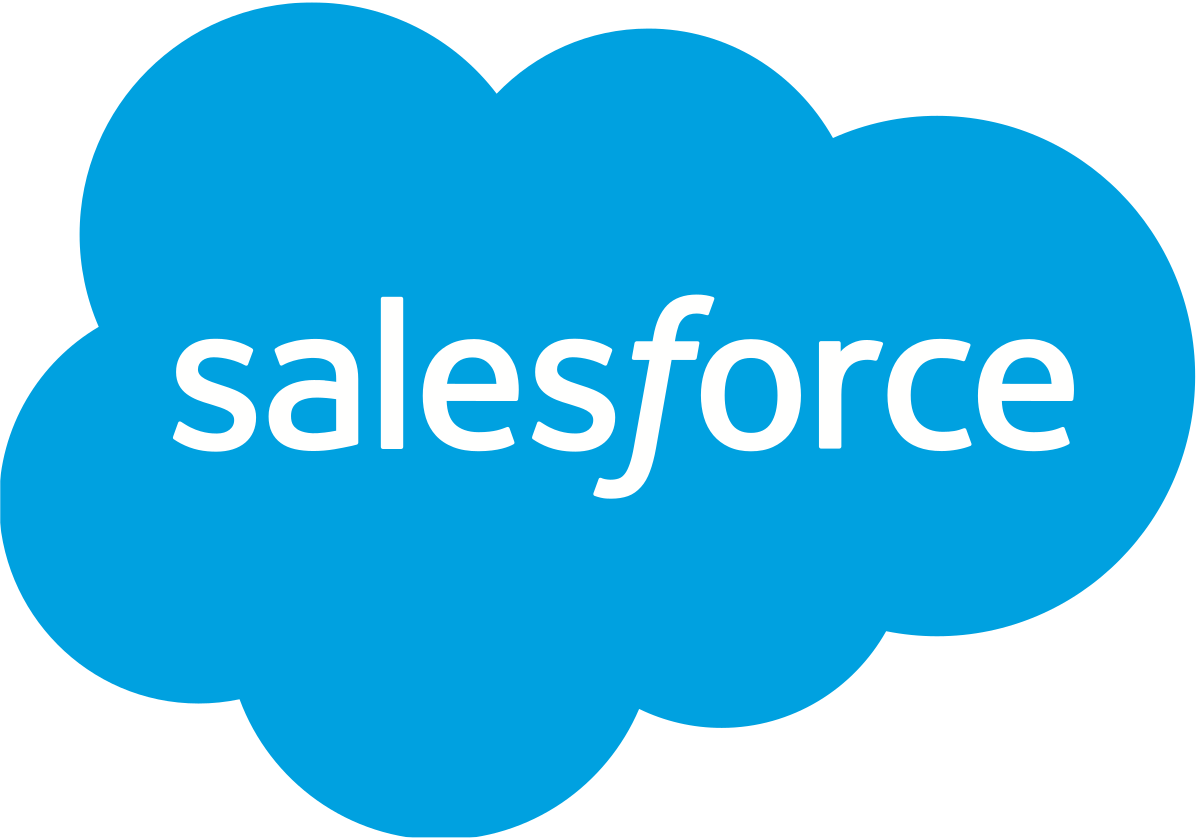
Salesforce (NYSE:CRM) and Its AI-Driven Growth Amidst Analyst Downgrade
Salesforce (NYSE:CRM) is a leading customer relationship management (CRM) platform known for its innovative use of artificial intelligence (AI) to enhance business operations. On July 10, 2025, Cantor Fitzgerald downgraded Salesforce from an "Overweight" to a "Cautious" grade, with the stock priced at $267.07. This downgrade comes amidst significant developments in Salesforce's AI initiatives.
Adam Evans, Salesforce's head of AI, emphasizes the transformative potential of AI in boosting productivity, as discussed on Bloomberg The Close. This aligns with Salesforce's strategic focus on AI, which is evident in the remarkable growth of its Data Cloud. The platform's annual recurring revenue (ARR) has surged by 120% year-over-year, surpassing $1 billion in the first quarter of fiscal 2025.
Salesforce's Data Cloud, which manages over 22 trillion customer records, is a key driver of this growth. Nearly 60% of Salesforce's top 100 deals in the first quarter included Data Cloud and AI features, underscoring their importance. Additionally, half of the new Data Cloud bookings came from existing clients, indicating strong customer satisfaction and demand.
The company has also strengthened its leadership by appointing Amy Chang and David B. Kirk to its Board of Directors. Their expertise in technology and AI is expected to further drive Salesforce's innovation. Despite the recent downgrade, Salesforce's market capitalization remains robust at $255.25 billion, with a current stock price of $267, reflecting a slight decrease of 1.45%.
- AI Initiatives Drive Growth: Salesforce's focus on AI and Data Cloud has significantly boosted its ARR, demonstrating the effectiveness of its strategic direction.
- Customer Satisfaction and Demand: The inclusion of Data Cloud and AI features in a majority of Salesforce's top deals, along with high rebooking rates from existing clients, highlights strong market demand and customer satisfaction.
- Leadership and Market Position: Despite a recent analyst downgrade, Salesforce's appointment of tech and AI experts to its board and its robust market capitalization indicate a strong market position and potential for future growth.

Truist Reaffirms Buy on Salesforce as Agentforce Gains Traction
Truist Securities is maintaining its Buy rating and $400 price target on Salesforce (NYSE:CRM), expressing renewed confidence in the company’s growth outlook following insights gathered at its Connections 2025 event in Chicago.
The conference, which focused on Salesforce’s Marketing and Commerce Cloud, provided an opportunity for Truist analysts to conduct in-depth conversations with customers and partners. Feedback from over 30 customers and 10 partners since the launch of Agentforce—a new AI-powered tool—suggests increasing momentum in digital transformation initiatives.
Customers are reportedly beginning with Salesforce’s Data Cloud and progressively integrating Agentforce, indicating a strong pipeline for subscription revenue growth outside of recent acquisitions like Informatica.
Truist views this expanding adoption as a key driver for Salesforce’s Marketing and Commerce segment rebound, supporting the firm’s optimistic stance on long-term growth potential. With transformational projects gaining steam, the outlook for CRM appears increasingly robust.
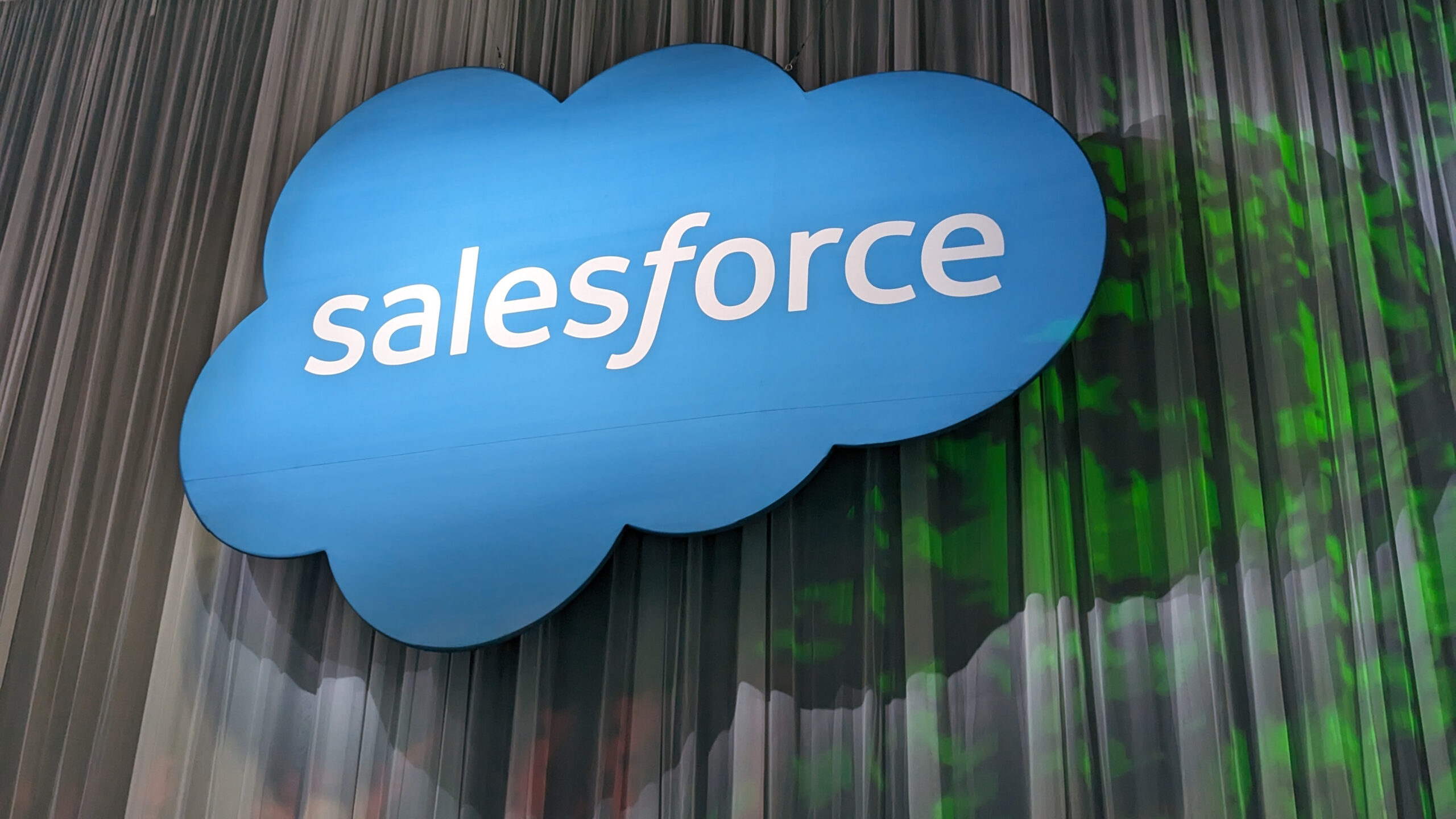
Salesforce (NYSE:CRM) Maintains "Overweight" Rating by Morgan Stanley with a Raised Price Target
- Morgan Stanley reaffirms its "Overweight" rating for Salesforce (NYSE:CRM), raising the price target from $393 to $404.
- Salesforce reports strong Q1 fiscal 2026 results with sales of $9.83 billion, surpassing consensus projections.
- Despite a positive earnings report, Salesforce's stock price has seen a decline, currently at $256.40, down 7.11%.
On May 29, 2025, Morgan Stanley maintained its "Overweight" rating for Salesforce (NYSE:CRM), a leading player in the cloud-based software industry. At the time, the stock was priced at $273.13. Morgan Stanley also raised Salesforce's price target from $393 to $404, indicating confidence in the company's future performance. Salesforce is known for its customer relationship management software and competes with companies like Microsoft and Oracle.
Salesforce recently reported its Q1 fiscal 2026 results, showcasing strong financial performance. The company achieved sales of $9.83 billion, surpassing the consensus projection of $9.75 billion. This marks a significant increase from the $9.13 billion reported in the same quarter last year. Salesforce's ability to consistently exceed revenue expectations highlights its robust position in the software industry.
In terms of earnings, Salesforce reported $2.58 per share, exceeding the Zacks Consensus Estimate of $2.54. This represents an improvement from the $2.44 per share reported in the same quarter last year. The earnings surprise for this quarter was 1.57%. Over the past four quarters, Salesforce has outperformed consensus EPS estimates three times, demonstrating its strong financial management.
Despite the positive earnings report, Salesforce's stock price has experienced a decline. The current stock price is $256.40, reflecting a decrease of $19.63 or 7.11%. Today, the stock has fluctuated between a low of $254.50 and a high of $266.50. Over the past year, CRM has reached a high of $369 and a low of $212, indicating some volatility in its stock performance.
Salesforce's market capitalization stands at approximately $246 billion, with a trading volume of 8.2 million shares on the NYSE. The company's consistent ability to surpass market expectations, as highlighted by its recent earnings report, supports Morgan Stanley's decision to maintain an "Overweight" rating and raise the price target.
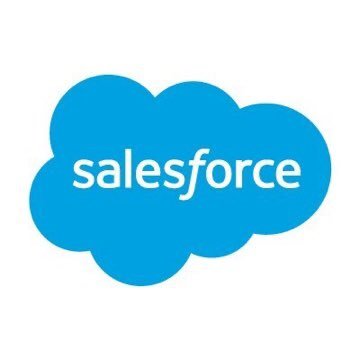
Salesforce (NYSE:CRM) Price Target and Acquisition Moves
- Keith Bachman from BMO Capital sets a price target of $350 for Salesforce (NYSE:CRM), indicating a potential increase of 26.34%.
- Salesforce announces the acquisition of Informatica for $8 billion, aiming to enhance its AI capabilities.
- Analysts predict a 30% potential increase in Salesforce's stock, with a consensus price target of $361.
Salesforce (NYSE:CRM) is a leading cloud-based software company known for its customer relationship management (CRM) solutions. The company is a major player in the tech industry, competing with other giants like Microsoft and Oracle. On May 28, 2025, Keith Bachman from BMO Capital set a price target of $350 for CRM, suggesting a potential increase of 26.34% from its current price of $277.03.
Salesforce is set to announce its earnings after the market closes, alongside Nvidia. The stock market has seen a broad rally, with the S&P 500 rising by 2%, the Nasdaq Composite and Russell 2000 each increasing by 2.5%, and the Dow Jones Industrial Average gaining 1.8%. This positive movement comes after a period of trade and tariff tensions, as highlighted by President Trump's announcement of a 50% tariff on imported goods from the European Union, which has been postponed until July 9th.
Salesforce's recent announcement to acquire Informatica for approximately $8 billion is part of its strategy to enhance its capabilities in the AI sector. The acquisition price of $25 per share represents a 30% premium over Informatica's closing price on May 22, 2025. Following the announcement, Informatica's shares increased by 6.1%, while Salesforce's shares rose by 1.5%. This acquisition is expected to benefit ETFs with significant exposure to both companies, such as the iShares Expanded Tech-Software Sector ETF (IGV).
Analysts are optimistic about Salesforce's upcoming fiscal first-quarter results. According to Visible Alpha, 18 out of 23 analysts have given Salesforce a "buy" or equivalent rating. The consensus price target is approximately $361, indicating a potential 30% increase from Tuesday's closing price. Despite this optimism, Salesforce shares have declined by about 17% in 2025 so far.
Salesforce is anticipated to report first-quarter revenue of $9.75 billion, marking a 7% increase compared to the previous year. Adjusted earnings per share are expected to rise to $2.55, up from $2.44 a year ago. Oppenheimer analysts have noted that Salesforce's AI offering, Agentforce, is experiencing "strong momentum." The current stock price of CRM is approximately $275.81, with a market capitalization of around $264.63 billion.
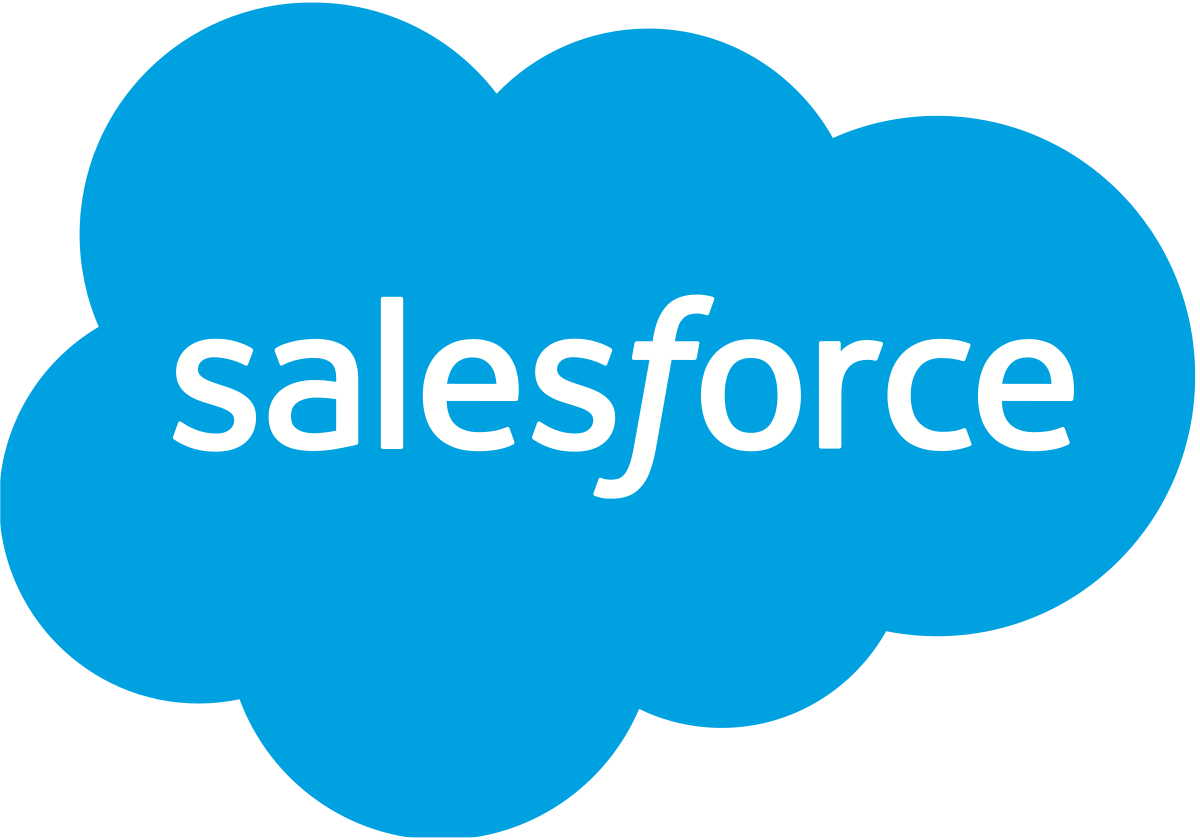
Salesforce (NYSE:CRM) Stock Update and Earnings Forecast
- Salesforce expects Q1 fiscal 2026 revenues to be between $9.71 billion and $9.76 billion, indicating a 6.6% year-over-year growth.
- The company anticipates non-GAAP earnings per share to range from $2.53 to $2.55, with a consensus estimate of $2.54.
- Salesforce's stock price is currently $282.28, with a market capitalization of approximately $270.84 billion.
Salesforce (NYSE:CRM) is a leading cloud-based software company that provides customer relationship management (CRM) services. It helps businesses manage customer interactions and data efficiently. Salesforce competes with other tech giants like Microsoft and Oracle in the CRM space. On May 22, 2025, Citigroup reaffirmed its "Buy" rating for Salesforce, with the stock priced at $282.28 at the time.
Salesforce is gearing up to release its first-quarter fiscal 2026 results on May 28. The company expects total revenues to be between $9.71 billion and $9.76 billion, with a midpoint of $9.735 billion. This represents a 6.6% increase from the same quarter last year, indicating strong growth. The company's focus on generative AI-enabled solutions and cloud migration is likely driving this performance.
In terms of earnings, Salesforce anticipates non-GAAP earnings per share to range from $2.53 to $2.55. The consensus estimate has remained steady at $2.54 per share over the past 60 days, marking a 4.1% rise from the previous year's quarter. Historically, Salesforce has exceeded the Zacks Consensus Estimate in three of the last four quarters, with an average surprise of 4.4%.
Currently, Salesforce's stock price is $282.28, reflecting a decrease of 2.01% or $5.78. During the trading day, the stock fluctuated between a low of $281.13 and a high of $287.63. Over the past year, CRM has reached a high of $369 and a low of $212. The company has a market capitalization of approximately $270.84 billion, with a trading volume of 5,670,359 shares today.







